School Counselors Embrace Social Emotional Learning
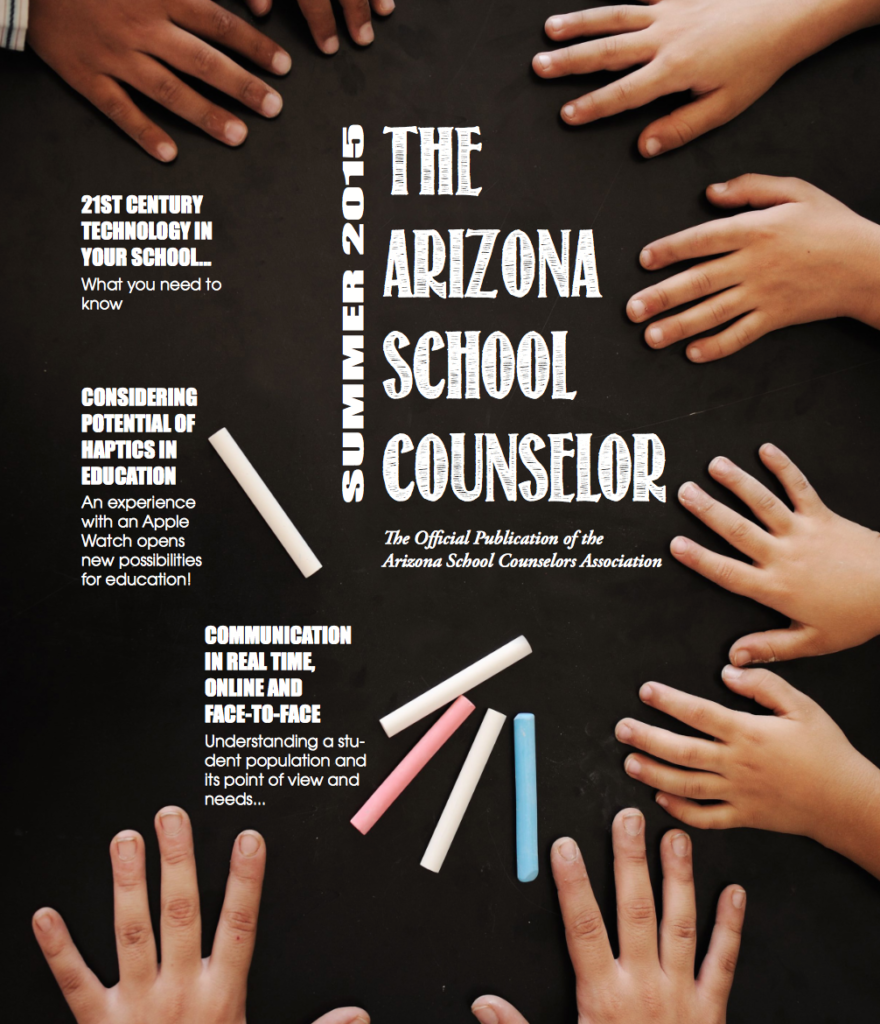
This article asserts that social emotional learning can provide a unifying vision, structure, processes, and assessment tools to assist school counselors in becoming effective change agents in their schools. The article describes a case study in which counselors helped teachers complete a social emotional intelligence survey, reviewing their own social emotional competencies and comparing them… Read More ›
“Paying attention?” an App Asks – Helping Kids Monitor Their Own Classroom Behavior
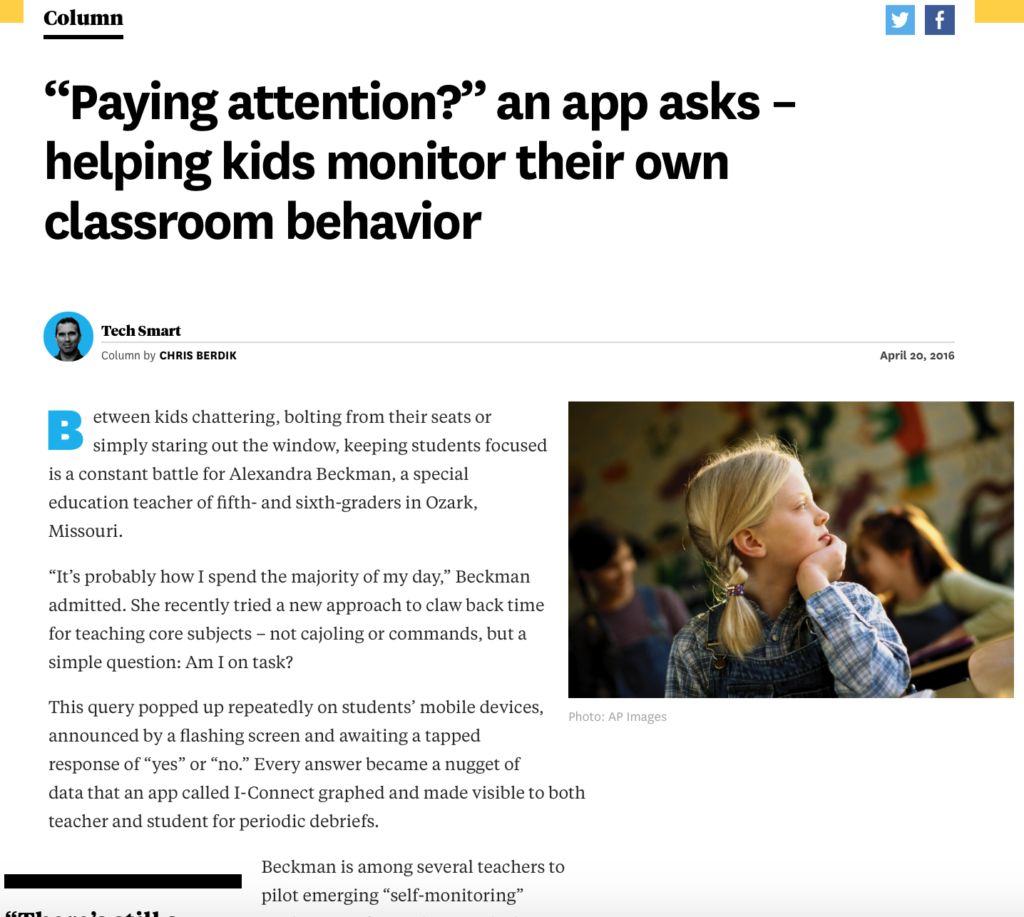
This article describes an app called I-Connect designed to help students monitor their motivation and attention to tasks. The article describes how the app is being used by students who need additional supports to help stay on task. The app can be customized to check in once about homework or punctuality or can send reminders… Read More ›
School-Family Partnership Strategies to Enhance Children’s Social, Emotional, and Academic Growth
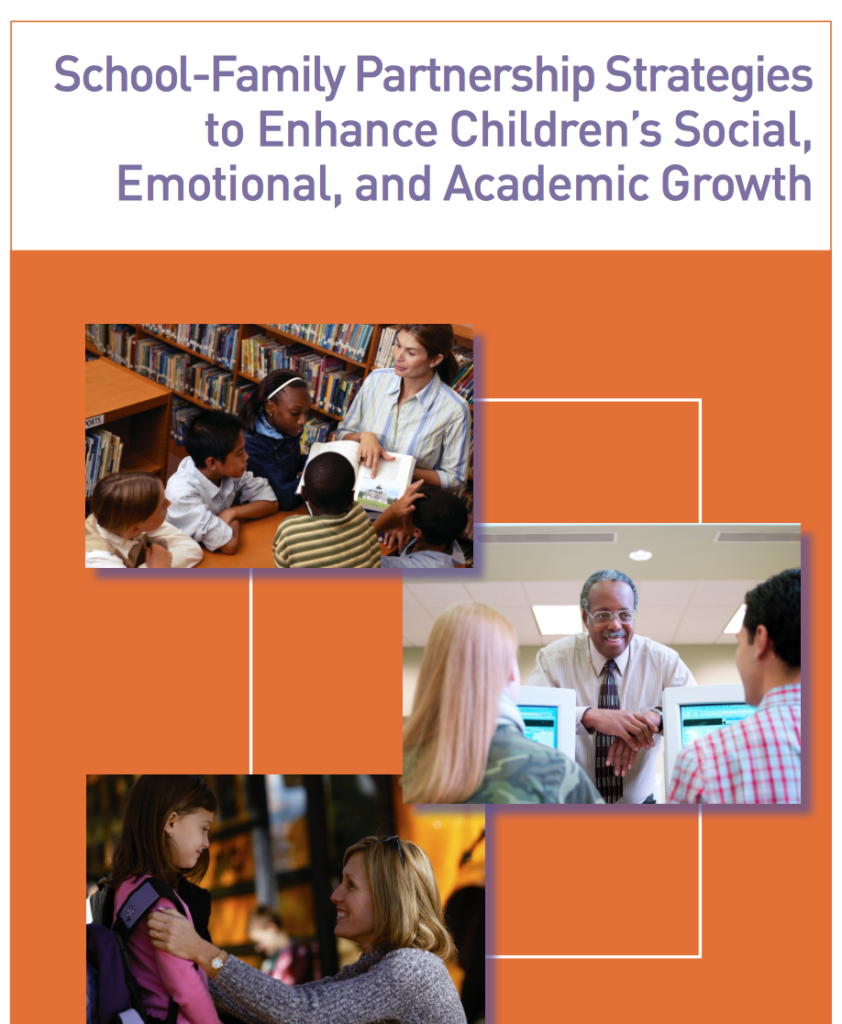
This article provides an overview of five essential social emotional (SEL) competencies. The authors assert the importance of family-school partnerships in the development of a positive culture of learning. Whether social or academic, students’ skills grow when they are supported and reinforced both at home and at school. This article presents ways schools can involve… Read More ›
21st-Century Libraries: The Learning Commons
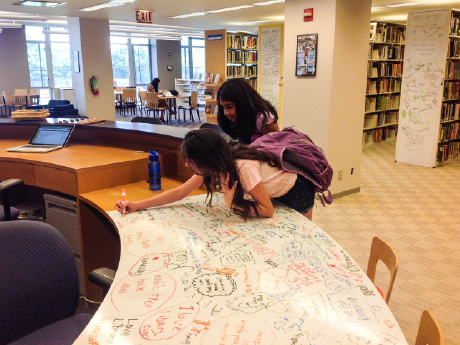
This article describes the shift in the role of libraries in the 21st century and the corresponding shift in the design and use of the physical library space. With increasing access to technology in schools, students no longer need the library simply as an archive of information. Instead, libraries can become spaces that encourage participatory,… Read More ›
Engaging Students: What I Learned Along the Way
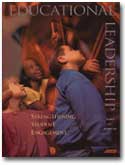
In this article a veteran educator shares insights about the importance of creating a positive classroom culture. The author encourages novice teachers to work to understand students’ perspectives to build relationships and foster engagement and learning. She asserts that through knowing students well educators can personalize the classroom experience and reflect on classroom activity to increase student… Read More ›
Finding the Right Fit: 6 Things to Look For in Districts Ripe for Community Engagement
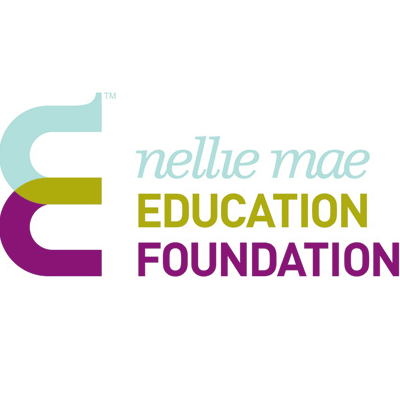
When the Nellie Mae Education Foundation launched its regional school-community engagement initiative in July 2014, we made an important decision: instead of selecting districts through a traditional request-for-proposals (RFP) process, we developed—in collaboration with the Great Schools Partnership, our intermediary partner—a comprehensive “engagement process” that entails a series of conversations, interviews, and in-person meetings with… Read More ›
Teachers Still Struggling to Use Tech to Transform Instruction, Survey Finds
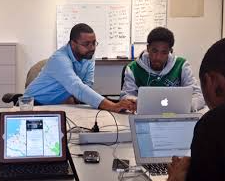
This article documents findings from a survey that was conducted by the Education Week Research Center for the 2016 edition of Technology Counts. The results of the survey suggested that teachers, on the whole, still face systemic challenges in adapting their instruction to new technologies in transformative ways. The survey was conducted online in April 2016, with participation… Read More ›
Exhibition Night at Pittsfield Middle High School: Where Students Take Ownership of Learning

On the evening of June 9th, anyone looking for a student in Pittsfield, New Hampshire would have found all of them together in one place – at school. It was Pittsfield Middle-High School’s annual Exhibition Night, where every student in the district gathers to share something that they have learned that year. The event offers… Read More ›
5 Big Ways Education Will Change By 2020

This article asks the world’s most innovative companies in education about the future of the classroom, and shares their predictions for the next five years. Some of the predictions include schools and classrooms in which students interact remotely with others, utilize more individualized learning, have a greater voice with opportunities for feedback, and feel respected. This article could be a… Read More ›
‘Making’ as a (Student-Centered) Approach to Learning

The White House will celebrate the National Week of Making beginning today through the end of next week (June 17-23), inviting formal and informal learning spaces to host events showcasing the power “making” has had in their communities. Makerspaces celebrate do-it-yourself interactions, creative thinking, and idea-sharing. The maker movement was first introduced by Maker Media. Maker projects… Read More ›
8 Ways Blended Districts Can Implement a Competency-Based Structure
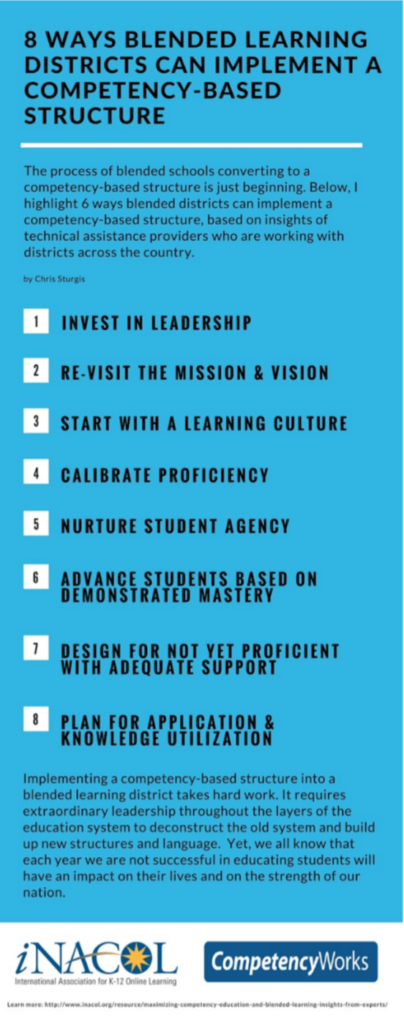
This blog post by writer and consultant Chris Sturgis discusses how districts implementing blended learning can go further to become truly competency-based. Chris Sturgis asserts that while blended learning embraces the use of personalization, on its own, it is not the same as competency education which requires a rethinking of the traditional system to advance… Read More ›
How Misconceptions About Competency Education Could Undermine Equity

This article, the third in a CompetencyWorks series on equity in personalized learning, explores implications of the misunderstanding and misuse of terms within competency-based and blended learning. The author asserts these misunderstanding can lead to poor implementation, inequitable practices, and lower achievement. He reviews four common misconceptions, such as failing to understand the difference between “flexible pacing” and… Read More ›